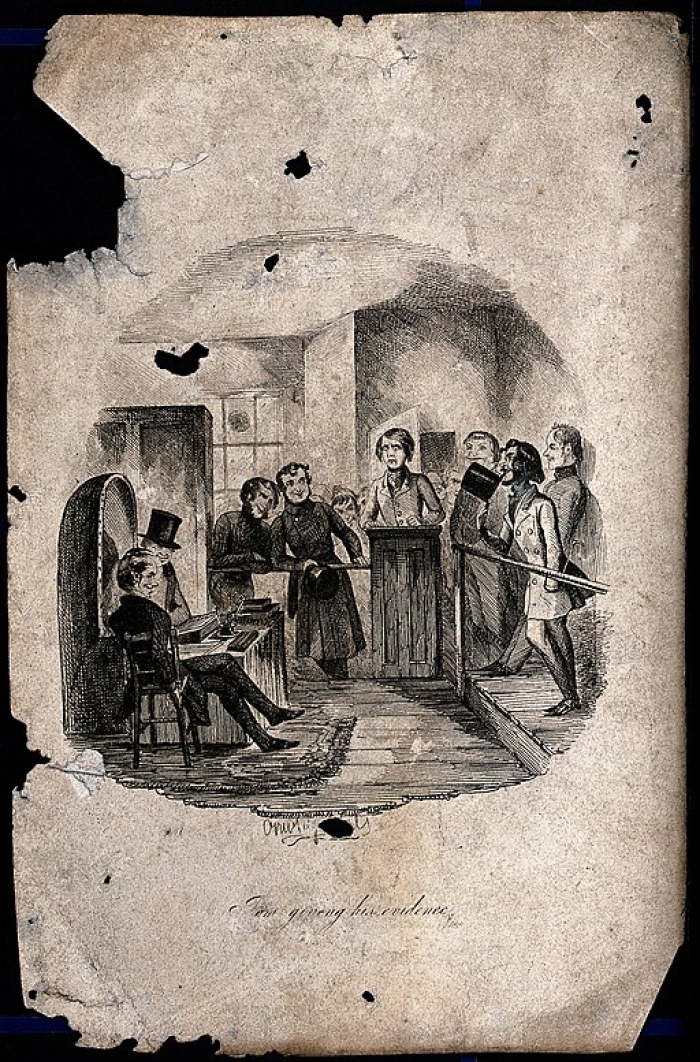To directly answer the OP question “What other similar discriminatory laws are out there in the various states?”, I quoted below from:
These are things in the Constitutions of the States. I didn’t go searching for legislation beyond the Constitutions.
Arkansas
Article 19, section 1: “No person who denies the being of a God shall hold any office in the civil departments of this State, nor be competent to testify as a witness in any Court.”
Maryland
Article 37: “That no religious test ought ever to be required as a qualification for any office of profit or trust in this State, other than a declaration of belief in the existence of God; nor shall the Legislature prescribe any other oath of office than the oath prescribed by this Constitution.”
Mississippi
Article 14, section 265: “No person who denies the existence of a Supreme Being shall hold any office in this State.”
North Carolina
Article VI, section 8: “The following persons shall be disqualified for office: First, any person who shall deny the being of Almighty God.”
Pennsylvania
Article 1, section 4: “No person who acknowledges the being of a God and a future state of rewards and punishments shall, on account of his religious sentiments, be disqualified to hold any office or place of trust or profit under this Commonwealth.”
Note: Pennsylvania differs from the other states in that it says believers cannot be disqualified from holding office for his or her religious sentiments, but that is not extended to atheists.
South Carolina
Article XVII, section 4: “No person who denies the existence of a Supreme Being shall hold any office under this Constitution.”
Tennessee
Article IX, section 2: “No person who denies the being of God, or a future state of rewards and punishment, shall hold any office in the civil department of this state.”
Note: Ministers are also barred from holding office, because they “ought not to be diverted from the great duties of their functions; therefore, no minister of the Gospel, or priest of any denomination whatever, shall be eligible to a seat in either House of the Legislature,” according to article IX, section 1.
Texas
Article 1, section 4: “No religious test shall ever be required as a qualification to any office, or public trust, in this State; nor shall any one be excluded from holding office on account of his religious sentiments, provided he acknowledge the existence of a Supreme Being.”

